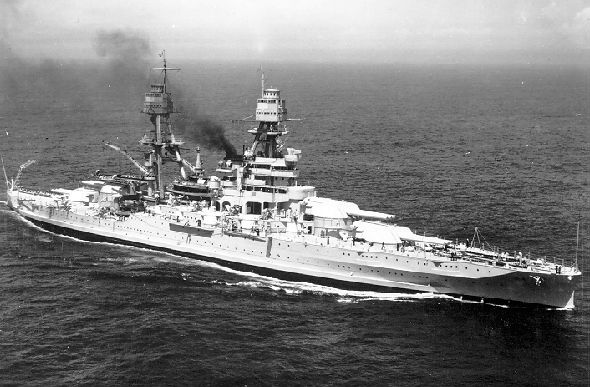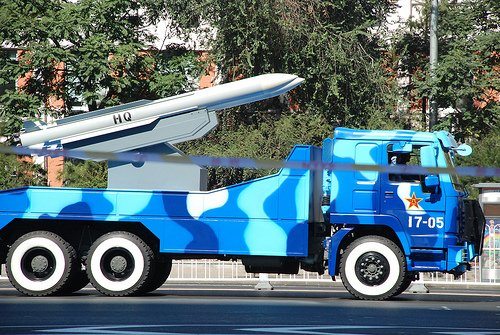Survivors of the attack on Pearl Harbor joined in a moment’s silence, as flags were lowered across the country to mark the 70th anniversary of Japan’s history-changing onslaught.
Amid emotional scenes, Defense Secretary Leon Panetta recalled how the surprise Japanese assault “awoke a sleeping giant,” triggering the United States to respond by joining its European allies in World War II.
Under clear blue skies, one ageing veteran who lived through the devastating onslaught — which killed some 2,400 people — admitted he did not think he would survive that day.
“The first impression I had was this will be the last day I’ll see the sun,” said 89-year-old Jack Moore, fighting back tears as he recalled waves of Japanese bombers sweeping in over the Pacific island state.
“I didn’t think I would ever survive that scathing attack.”
More than 5,000 people gathered at Pearl Harbor, west of Honolulu, and bowed their heads for a moment to mark 7:55 am (1755 GMT), the exact time when the devastating Japanese air bombardment began on the morning of December 7, 1941.
The crowd applauded as some 120 survivors of the attack were asked to stand, shortly after a group of F-22 fighter jets roared overhead, in a so-called “missing man” flypast over the Hawaiian ceremony.
“Seventy years ago… our nation sustained a cruel and destructive attack. Our enemies thought that by this sudden and deliberate raid they could weaken America,” said Panetta, in a letter read out to the memorial.
“Instead they only strengthened it. That day truly awoke a sleeping giant.”
Ceremonies were held from the Pacific island state of Hawaii to Washington DC on the US East Coast to remember the victims.
President Barack Obama called for the Stars and Stripes to be flown at half-mast on federal buildings across the country, to mark National Pearl Harbor Remembrance Day.
“We salute the veterans and survivors of Pearl Harbor who inspire us still. Despite overwhelming odds, they fought back heroically, inspiring our nation and putting us on the path to victory,” Obama said in a statement.
As well as those killed more than 1,100 people were injured in the two-hour Japanese attack on the US Pacific Fleet, anchored in Hawaii, while some 20 ships were sunk or damaged and 164 planes destroyed.
Denouncing “a date which will live in infamy,” then president Franklin D. Roosevelt declared war on Japan, leading the United States into World War II at a time when many of his countrymen had hoped to avoid the conflict.
For decades, some conspiracy theorists have believed that Roosevelt had received intelligence about the Japanese attack before it happened, but willingly chose not to act on it.
Whatever the truth, the day after Pearl Harbor, the US Congress officially declared war on Japan. Three days later, Germany declared war on the United States. The US entry into the war was to change the course of the conflict.
In his tribute Wednesday, Hawaiian-born Obama drew parallels to the current “9/11 generation” which went off to war in Afghanistan and Iraq following the September 11 attacks in 2001.
“We resolve to always take care of our troops, veterans and military families as well as they’ve taken care of us,” Obama said.
Meanwhile William Muehleib, president of the Pearl Harbor Survivors Association, announced at the Hawaii ceremony that the group will disband on December 31 due to the increasing age and health concerns of its members.
The decision would not end the friendships formed from the attack, he said, adding that the National Park Service and the nonprofit group Pacific Historic Parks will continue advancing Pearl Harbor’s legacy.
“You have a magnitude of support here,” he said.










